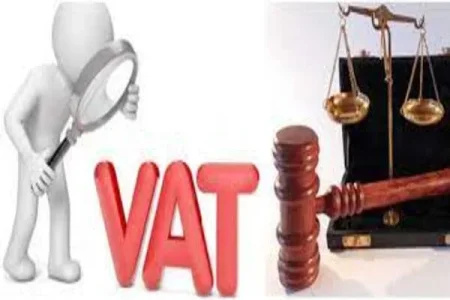
The Nigerian government plans to progressively raise the Value Added Tax (VAT) from 7.5% to 15% as part of efforts to enhance local revenue and strengthen public finance. This change aims to improve tax compliance and expand the tax base amid low tax-to-GDP ratios in the country.
The Nigerian government is set to implement a significant increase in the Value Added Tax (VAT) rate, aiming to gradually elevate it from the current 7.5% to 15%. This decision, revealed in a document from the Ministry of Finance, is part of broader efforts to enhance local revenue generation and fortify public financial stability.
The strategy to address Nigeria’s low revenue performance involves improving tax compliance, particularly concerning corporate income tax, and expanding the tax base. Currently, the country’s tax-to-GDP ratio is around 10%, one of the lowest in Sub-Saharan Africa, with the federal government targeting an increase to 18%—the average for major African economies.
This proposed change marks a notable 100% rise in VAT since the rate was last adjusted four years ago. However, the timeline for when this increment will take effect remains unspecified.
President Bola Tinubu's administration has already made strides in tax reform by establishing a fiscal committee aimed at revising tax laws and enhancing compliance. Recent measures have included new policies to exempt small businesses from withholding taxes while also reducing rates for those with narrow profit margins.
In response to pressure from organizations like the World Bank, which suggested increasing the VAT to bolster non-oil revenues, the government is pursuing this upward adjustment despite previous denials of such plans. The World Bank has emphasized the need for a VAT hike to strengthen Nigeria’s fiscal resources while recommending the removal of tax exemptions on petrol.




